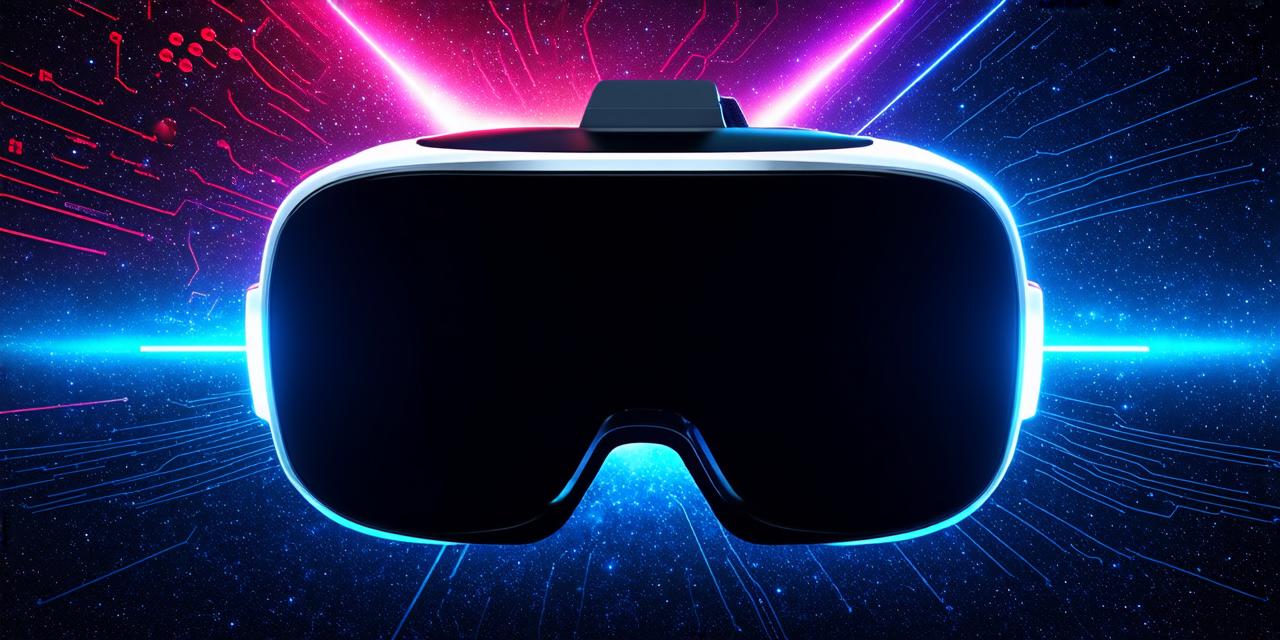Virtual reality (VR) technology has been advancing rapidly in recent years and has shown great promise in a variety of fields such as gaming, education, healthcare, and more. But how effective is VR technology really? In this article, we will explore the effectiveness of virtual reality in different areas of use.
Virtual Reality in Gaming
One of the most well-known applications of VR technology is in gaming. Virtual reality headsets and controllers allow players to immerse themselves in a 3D environment and experience games in a way that was never possible before. But how effective is VR gaming?
Studies have shown that VR gaming can increase player engagement and provide a more immersive gaming experience. A study by the University of California, Irvine found that players who used a VR headset while playing games reported feeling more immersed and experienced than those who played on traditional gaming platforms. Additionally, research from the University of Cambridge found that VR gaming can increase adrenaline levels, heart rate, and brain activity, making it a more physically engaging experience.
Virtual Reality in Education
Virtual reality technology has also shown great promise in education. It allows students to take virtual field trips, conduct experiments in 3D environments, and even practice surgical procedures. But how effective is VR education?
Research from the University of Maryland found that students who used VR technology to learn about ancient Rome reported increased engagement and understanding of the subject matter compared to those who learned through traditional methods. Additionally, a study by the University of Wisconsin-Stout found that VR technology can improve student performance in subjects such as mathematics and science.
Virtual Reality in Healthcare
Virtual reality technology is also being used in healthcare to provide patients with immersive experiences that can help them manage pain, reduce anxiety, and recover from injuries. But how effective is VR therapy?
A study published in the Journal of Medical Internet Research found that VR therapy can be an effective tool for managing chronic pain. Patients who underwent VR therapy reported a significant reduction in pain levels and an increase in physical activity compared to those who did not receive VR therapy. Additionally, research from the University of California, Los Angeles found that VR therapy can reduce anxiety and improve mood in patients with depression.

Summary
In conclusion, virtual reality technology has shown great promise in a variety of fields such as gaming, education, healthcare, and more. Studies have shown that VR technology can increase engagement, provide a more immersive experience, and improve performance and well-being in patients. While the effectiveness of VR technology will continue to be studied and refined, it is clear that virtual reality has the potential to revolutionize the way we learn, work, and live our lives.



